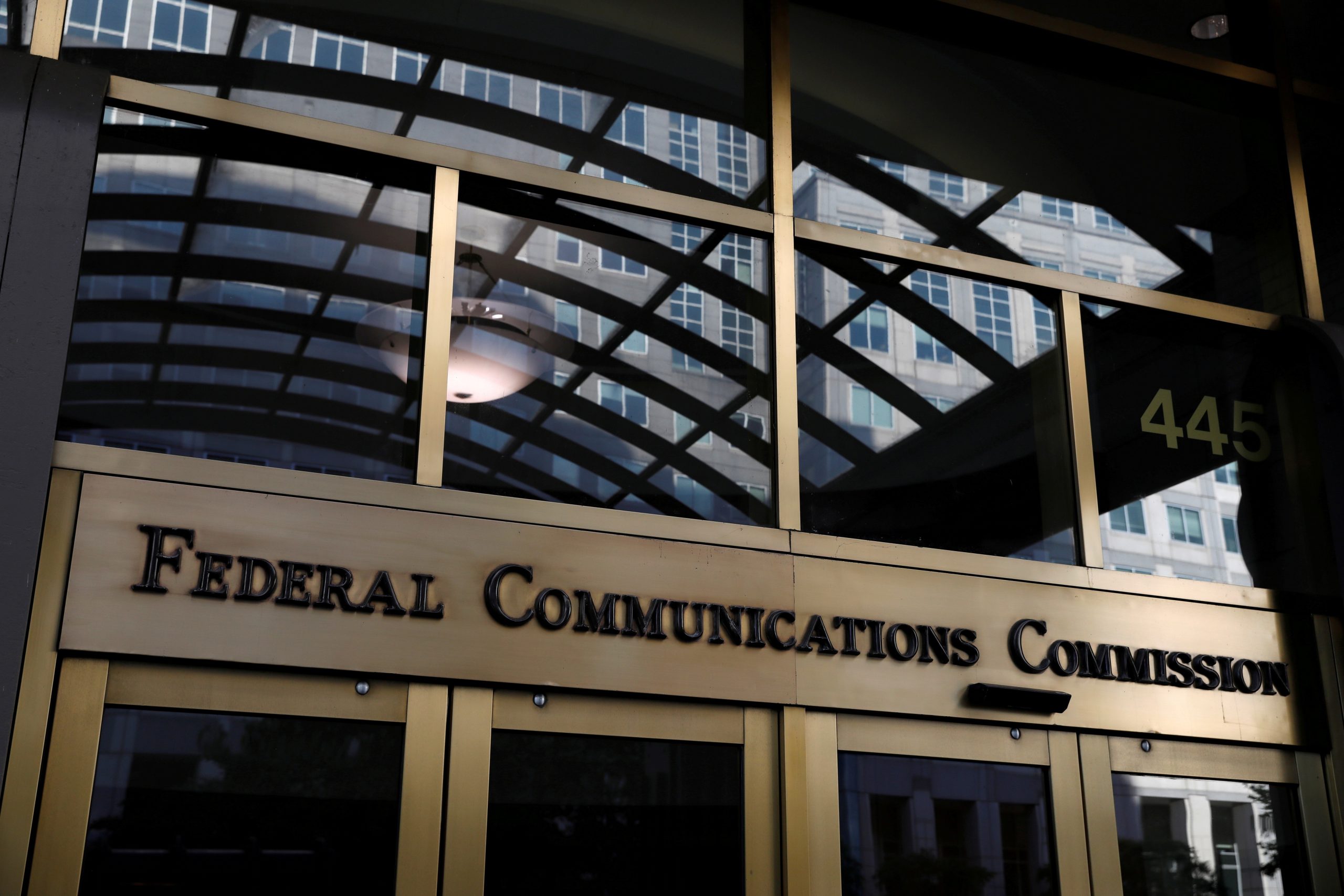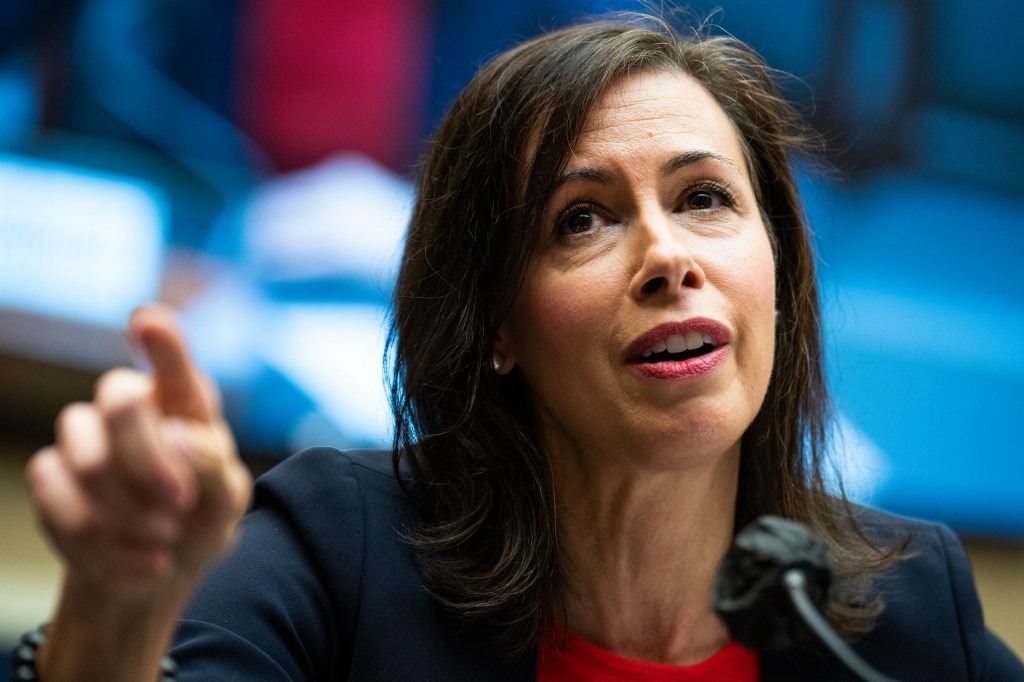On April 25, the Federal Communications Commission (FCC) will vote on reinstating crucial net neutrality rules, a decision eagerly awaited by supporters of digital equality. These regulations, aimed at maintaining the internet as a level playing field, prevent telecom giants from manipulating internet access and speeds for their benefit.
The move comes after Democrats regained control of the FCC, breaking the longstanding 2-2 deadlock and paving the way for the revival of Obama-era net neutrality protections under Title II of the Communications Act.
FCC Chair Jessica Rosenworcel, highlighting the essential nature of broadband, stressed the necessity for regulatory oversight to ensure open and fair internet access for all. This stance is echoed by advocacy groups like Common Cause, which views net neutrality as vital for democratic engagement online, especially in an election year.

Critics, however, like the Foundation for American Innovation (FAI), argue that reinstating these rules will burden broadband providers with increased costs, potentially impacting network deployment and exacerbating digital divides. FAI’s position reflects concerns that regulatory efforts may have unintended consequences on internet affordability and accessibility.
Despite such criticism, supporters like Free Press Action herald the FCC’s initiative as a pivotal moment in the fight for an open internet, underscoring the potential benefits of a regulated broadband service in fostering innovation and free speech.

The Department of Commerce’s National Telecommunications and Information Administration also backs the FCC’s approach, highlighting net neutrality’s role in bolstering cybersecurity and promoting global internet freedom.
As the FCC prepares for the rule-making meeting, it invites public comments on the proposed net neutrality regulations, offering a platform for all stakeholders to voice their opinions on the future of internet governance in the United States.


